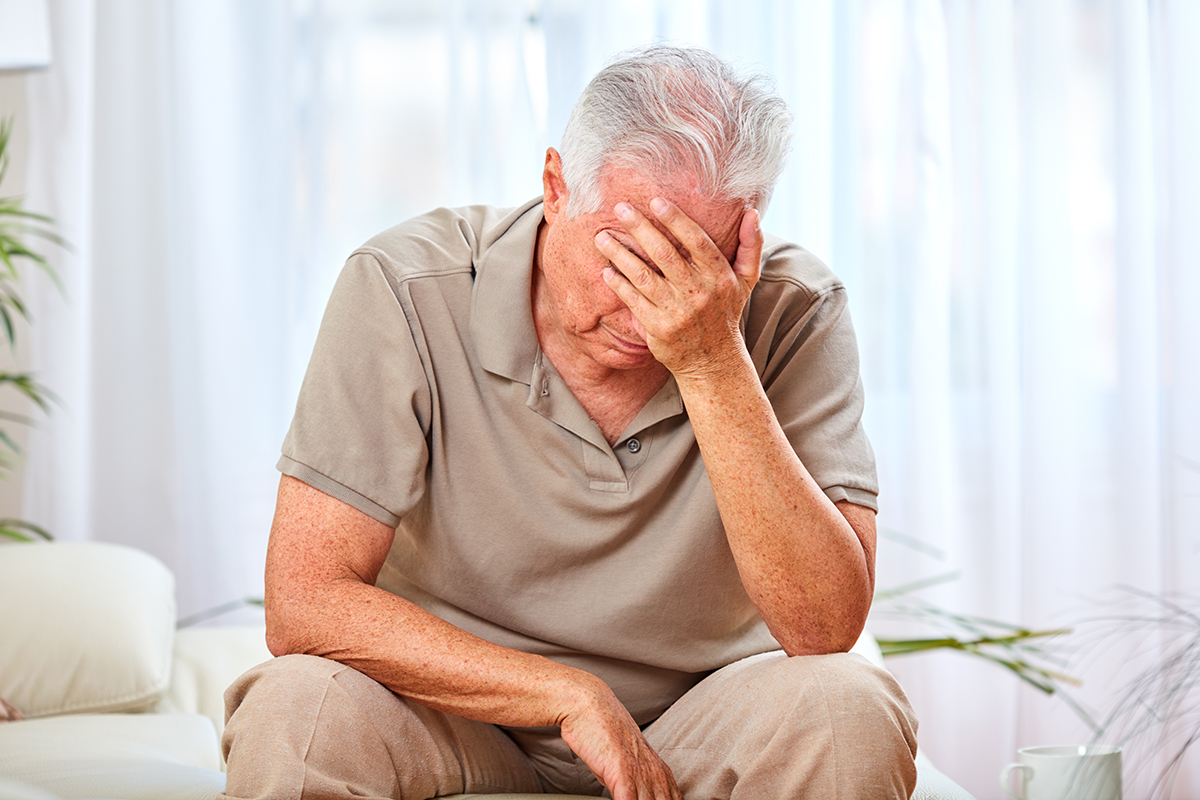Older Adults and Depression

Older adults are particularly vulnerable to depression. It is not a "normal" part of the aging process, however, and should be addressed with the help of a mental health professional. Older adults have a higher risk of depression because they are more likely to have other chronic health problems which may affect their mood or functioning. Depression is not just a bad day or a bad couple of days. Depression is diagnosed when a person experiences symptoms for two weeks or more. The main hallmarks of depression are: 1) sadness and 2) inability to experience pleasure, also known as anhedonia. One may experience one or both of these in a depressive episode. Sadness from depression is characterized by lasting most of the day, nearly every day. A depressed person may cry more easily. The anhedonia includes activities that one would normally enjoy. For example, a depressed person may stop doing hobbies like reading or art. Other symptoms besides the two main symptoms of sadness and a lack of pleasure include:
- Appetite changes: either an increase or decrease
- Sleep changes: either hard to sleep or sleepy too much
- A feeling of agitation or the opposite, feeling slowed down
- Fatigue or lack of energy
- Feelings of worthlessness and/or guilty feelings
- Difficulty concentrating and trouble with making decisions
- Thoughts of death and/or suicide
Older adults sometimes do not seek treatment because they do not understand that this is a treatable illness just like diabetes or high blood pressure. They may not know they can truly feel better. Treatment can be a medication, talk therapy or a combination of both. Treating depression late in life can give older adults a higher quality of life. Seek help if you or a loved one is experiencing symptoms of depression. It can make all the difference in the world.